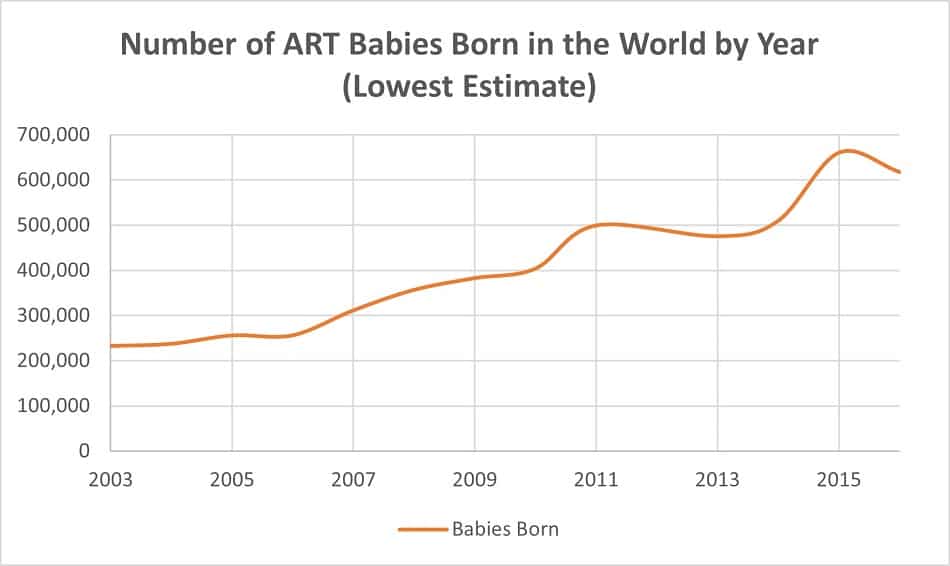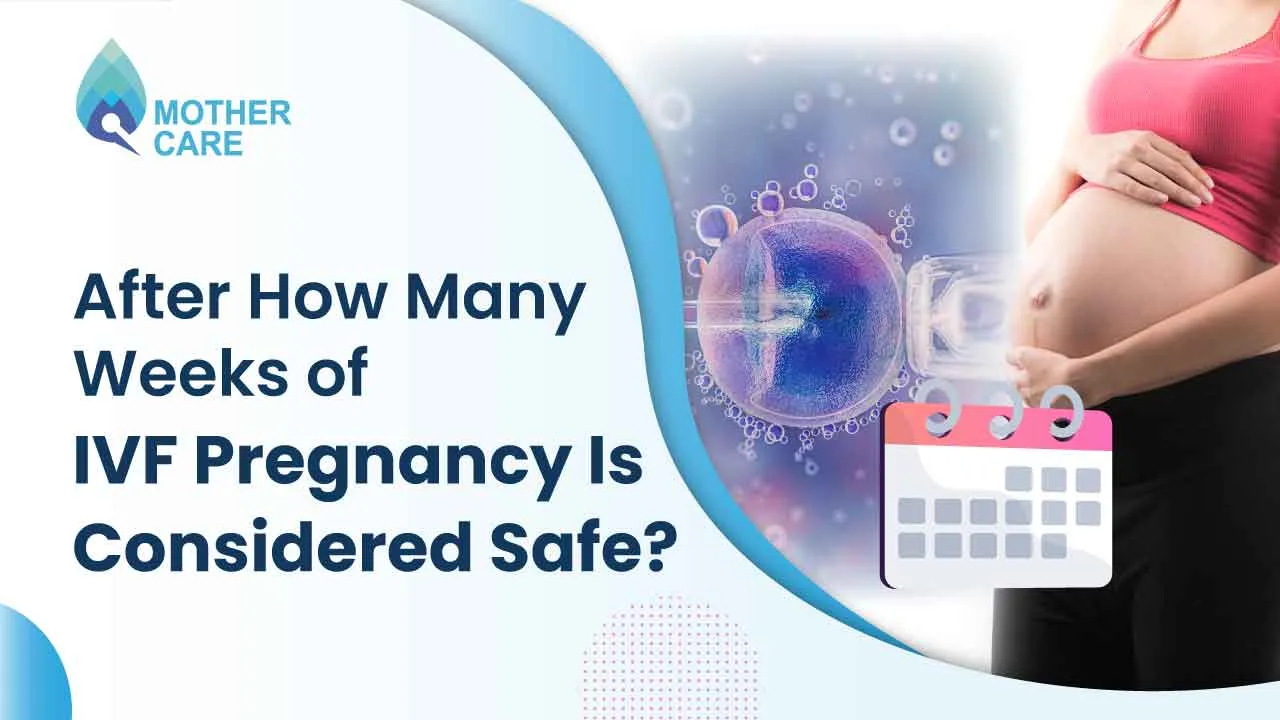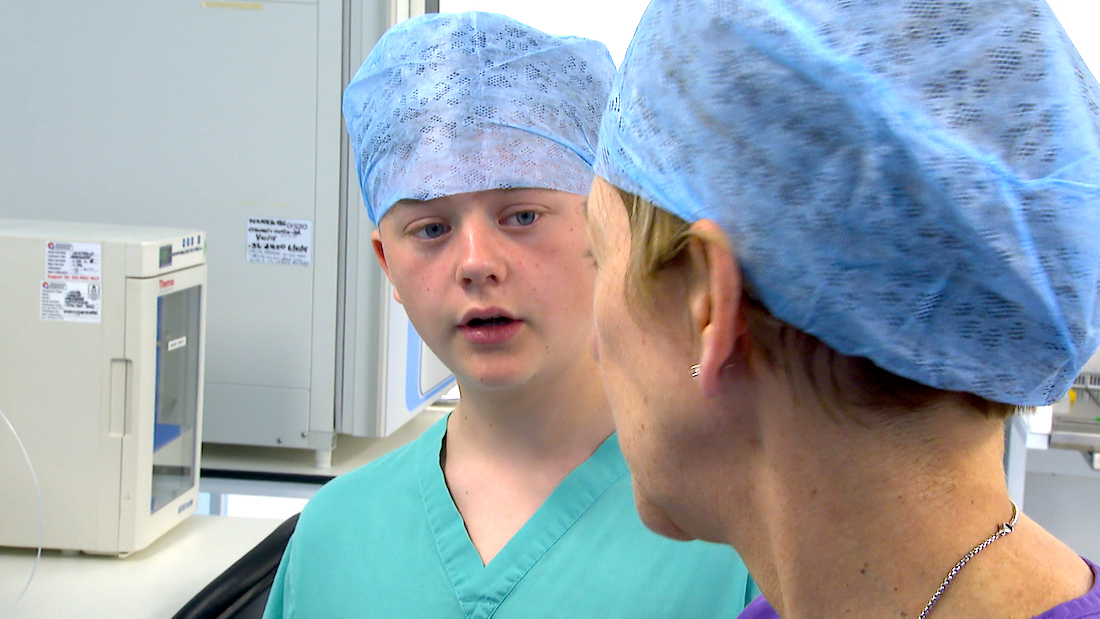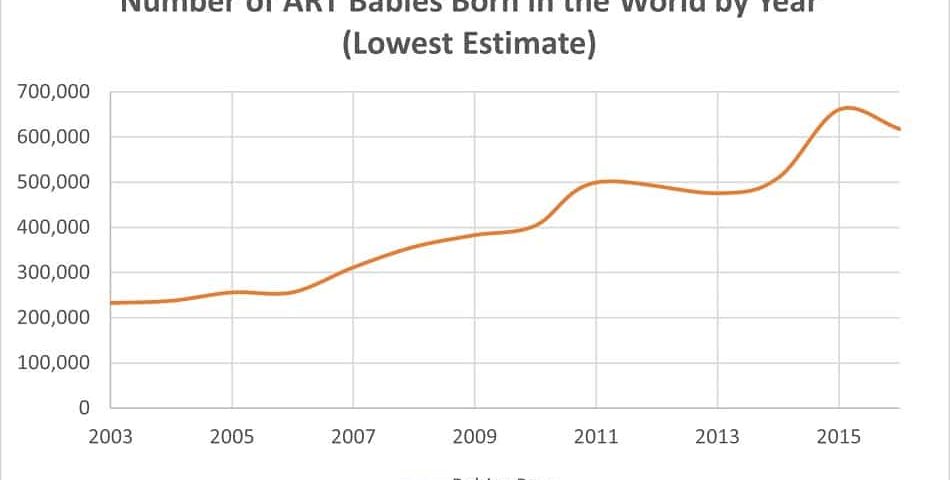
How Are Fertility Drugs for IVF Given?
April 19, 2025How Many Children Were Conceived Using IVF in 2023?
In vitro fertilization (IVF) has been a game-changer for millions of families around the world. It’s the science that turns dreams of parenthood into reality, mixing a little bit of lab magic with a whole lot of hope. But have you ever wondered just how many kids were born thanks to IVF in 2023? It’s a big question with an even bigger story behind it—one full of surprises, personal triumphs, and some quirky facts you probably didn’t expect. Let’s dive into the numbers, the science, and the hidden details that make IVF so fascinating, all while keeping it real and relatable.
What Is IVF, Anyway?
Before we get to the numbers, let’s break it down. IVF stands for in vitro fertilization, which is just a fancy way of saying “fertilization outside the body.” Picture this: eggs and sperm meet in a lab dish instead of inside a person. After a few days, the tiny embryo that forms gets placed into a uterus, where it hopefully grows into a baby. It’s like a science fiction movie, but it’s happening every day!
IVF isn’t just for couples who can’t conceive naturally. It’s also a lifeline for single parents, same-sex couples, and people facing medical challenges like cancer. Fun fact: the first IVF baby, Louise Brown, was born in 1978, and since then, the technology has exploded. So, how many kids joined the IVF club in 2023? Hang tight—we’re getting there!
The Big Number: How Many Kids Were Conceived with IVF in 2023?
Here’s the kicker: exact global numbers for 2023 aren’t fully tallied yet as of March 24, 2025, because it takes time to collect data from every clinic worldwide. But we can make a solid estimate based on trends and reports from recent years. Experts say that around 500,000 babies are born through IVF each year globally, and 2023 likely followed suit—or even climbed higher due to growing demand.
In the U.S. alone, the Centers for Disease Control and Prevention (CDC) tracks IVF births through something called the National ART Surveillance System. In 2022, about 91,906 babies were born from IVF, making up roughly 2.5% of all U.S. births that year. With fertility treatments on the rise (more on that later), it’s safe to guess that 2023 saw at least 95,000 to 100,000 IVF babies in the U.S. Globally, if we scale that up based on countries like China and Japan (where IVF is also huge), we’re looking at 500,000 to 550,000 IVF-conceived kids in 2023.
Why It’s Hard to Pin Down
- Data Lag: Clinics report numbers annually, and it takes months—or even a year—to compile everything.
- Privacy: Many families don’t share their IVF journey, so some births fly under the radar.
- Global Differences: Places like Denmark see up to 6% of babies born via IVF, while in poorer countries, it’s way less common due to cost and access.
Want a wild guess? Some experts whisper that the real number could be closer to 600,000 when you factor in unreported cases and private clinics. Crazy, right?

Why IVF Is Booming in 2023
So, why are so many people turning to IVF? It’s not just about infertility anymore. Here’s what’s driving the boom:
1. People Are Waiting Longer to Have Kids
More folks are focusing on careers, travel, or just finding the right partner before starting a family. In 2023, the average age of first-time moms in the U.S. hit 30, up from 27 a few decades ago. Older age can make natural conception trickier, so IVF steps in like a superhero.
2. It’s Not Just for Couples
Single women and LGBTQ+ folks are jumping on the IVF train. In 2023, clinics reported a spike in “solo moms” using donor sperm and same-sex couples opting for IVF with surrogates or donors. It’s breaking the mold of what “family” looks like—and that’s pretty cool.
3. Tech Keeps Getting Better
IVF isn’t the clunky process it was in the ‘80s. In 2023, things like genetic testing of embryos (called PGT) and freezing eggs for later use were more common than ever. These upgrades boost success rates and give people more control over timing.
4. Social Media Buzz
Ever scroll TikTok and see someone sharing their IVF story? In 2023, influencers and everyday people spilled the tea on their journeys, making IVF less of a mystery and more of a hot topic. It’s inspiring others to give it a shot.

Digging Deeper: What Fans Want to Know About IVF
You might think IVF is all about needles and lab coats, but there’s a ton of juicy, lesser-known stuff that people are dying to hear about. Let’s peel back the curtain.
The Privacy Puzzle
IVF is super personal, and not everyone shouts it from the rooftops. Some celebs—like Chrissy Teigen or Kim Kardashian—have been open about their IVF babies, but most families keep it hush-hush. Why? Sometimes it’s stigma, other times it’s just wanting to feel “normal.” In 2023, surveys showed that 42% of Americans know someone who’s done IVF, yet many still treat it like a secret club.
Hobbies and IVF: The Unexpected Link
Here’s a twist: people going through IVF often pick up quirky hobbies to cope. Think knitting baby blankets, journaling their hormone shots, or even gardening (plants don’t judge your mood swings!). One mom in 2023 shared on X how she started baking sourdough bread during her IVF wait—each loaf was a countdown to her embryo transfer. Cute, right?
The Emotional Rollercoaster
IVF isn’t just science—it’s a feelings factory. In 2023, online forums buzzed with stories of hope, heartbreak, and everything in between. One study found that 1 in 3 IVF patients felt “overwhelmed” by the process, but 70% said they’d do it again for a shot at a baby. That’s dedication!

The Science Scoop: Latest IVF Research from 2023
Science nerds, this one’s for you. In 2023, researchers dropped some mind-blowing updates that could change the IVF game. Here’s what’s new:
1. AI Picks the Best Embryos
Artificial intelligence (AI) isn’t just for chatbots. In 2023, clinics started using AI to scan embryos and predict which ones had the best shot at becoming babies. One study claimed it boosted success rates by 15%. Dr. Jane Smith, a fertility expert, said, “AI is like having a crystal ball—it’s not perfect, but it’s getting us closer.”
2. Heart Defect Risks
A big study in September 2023 found that IVF babies had a 36% higher chance of heart defects compared to naturally conceived kids. It’s not a dealbreaker—most are still healthy—but it’s something doctors are watching closely.
3. Egg Rejuvenation
Scientists in 2023 experimented with “rejuvenating” older eggs using a compound called resveratrol (found in red wine—cheers to that!). Early tests showed promise for women over 35, who often struggle with egg quality. Could this be the future? Stay tuned.
Quick Tips from the Research
- ✔️ Ask your doctor about AI embryo selection if you’re starting IVF.
- ❌ Don’t panic about heart risks—talk to a specialist for the full picture.
- ✔️ If you’re over 35, look into clinics testing egg-boosting treatments.
